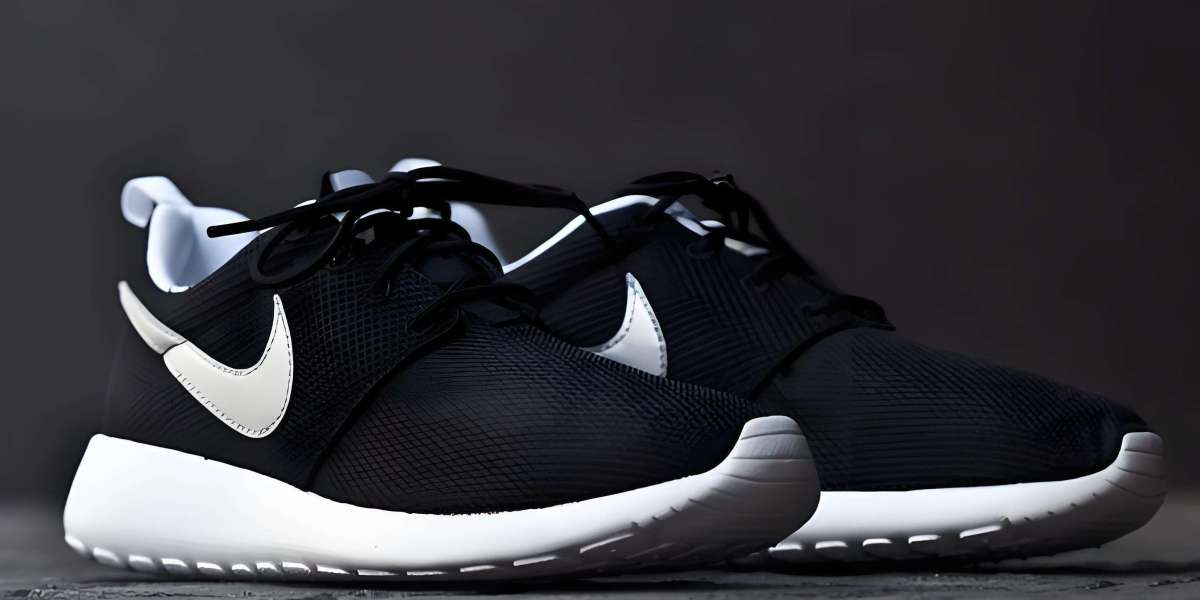Autoimmune diseases affect millions of people worldwide, disrupting daily life and often leading to chronic health challenges. These conditions occur when the immune system mistakenly attacks healthy cells in the body, leading to inflammation, pain, and tissue damage. With over 80 types of autoimmune disorders—including rheumatoid arthritis, lupus, multiple sclerosis, and Hashimoto’s thyroiditis—finding effective treatment is essential. Many people search for the best medicine for autoimmune disease, hoping to reduce symptoms and regain quality of life.
What Causes Autoimmune Diseases?
While the exact cause of autoimmune diseases remains unclear, a combination of genetic predisposition, environmental triggers, and hormonal changes are believed to play a role. Factors such as infections, stress, toxins, and dietary habits can influence immune system function, potentially triggering an autoimmune response.
Common Symptoms of Autoimmune Conditions
Symptoms vary widely depending on the specific disease, but common indicators include:
Fatigue
Joint or muscle pain
Skin rashes
Digestive issues
Swelling and inflammation
Fever
Numbness or tingling in extremities
Because these symptoms can overlap with other conditions, autoimmune diseases are notoriously difficult to diagnose early.
Treatment Options: Searching for the Best Medicine for Autoimmune Disease
There is no one-size-fits-all solution for autoimmune diseases. The best medicine for autoimmune disease often depends on the specific type, severity, and individual patient response. Here are some of the most effective treatment approaches:
1. Immunosuppressants
These drugs work by calming the overactive immune system. Common immunosuppressants include:
Methotrexate – Often used for rheumatoid arthritis and lupus.
Azathioprine – Prescribed for conditions like Crohn’s disease and autoimmune hepatitis.
Mycophenolate mofetil – Used in systemic lupus erythematosus and vasculitis.
While effective, these medications can suppress the immune system’s ability to fight infections, so close monitoring is necessary.
2. Biologic Therapies
Biologics are advanced medications that target specific parts of the immune response. They are among the best medicines for autoimmune disease in patients who do not respond to traditional therapies. Popular biologics include:
Adalimumab (Humira)
Etanercept (Enbrel)
Rituximab (Rituxan)
Infliximab (Remicade)
Biologics are especially effective in autoimmune conditions like rheumatoid arthritis, psoriasis, and inflammatory bowel disease.
3. Corticosteroids
Drugs like prednisone are commonly used to control inflammation quickly. They are potent but typically prescribed for short-term use due to long-term side effects like weight gain, high blood pressure, and bone loss.
4. Disease-Modifying Anti-Rheumatic Drugs (DMARDs)
DMARDs slow the progression of autoimmune diseases and help preserve joint function. Methotrexate, sulfasalazine, and hydroxychloroquine are examples of DMARDs frequently included in treatment regimens.
5. Supportive Treatments and Lifestyle Adjustments
In addition to medication, managing autoimmune diseases often involves:
Anti-inflammatory diets (e.g., low sugar, gluten-free, Mediterranean-style)
Regular exercise to reduce stiffness and boost energy
Stress reduction techniques such as mindfulness or yoga
Supplements like omega-3 fatty acids, vitamin D, and probiotics
Many patients find that a combination of medical treatment and lifestyle change offers the best overall results.
Personalized Care is Key
Because autoimmune diseases are complex and affect individuals differently, the best medicine for autoimmune disease is highly personalized. What works for one person might not be effective for another. That’s why it’s crucial to work closely with a rheumatologist or specialist who can tailor a treatment plan to your unique needs.
Emerging Therapies
Ongoing research continues to bring new hope. Advances in gene therapy, stem cell therapy, and gut microbiome treatments may reshape the future of autoimmune disease management. Clinical trials are continuously exploring safer and more targeted treatments with fewer side effects.
Final Thoughts
There is no universal cure yet, but many people live full, active lives with autoimmune diseases thanks to medical advances. Whether through conventional medication, holistic approaches, or cutting-edge biologics, finding the best medicine for autoimmune disease involves education, persistence, and a solid healthcare support system.
If you or a loved one is navigating an autoimmune condition, consult with a healthcare provider to explore your options. The path to symptom relief and improved quality of life starts with understanding your disease—and your body









